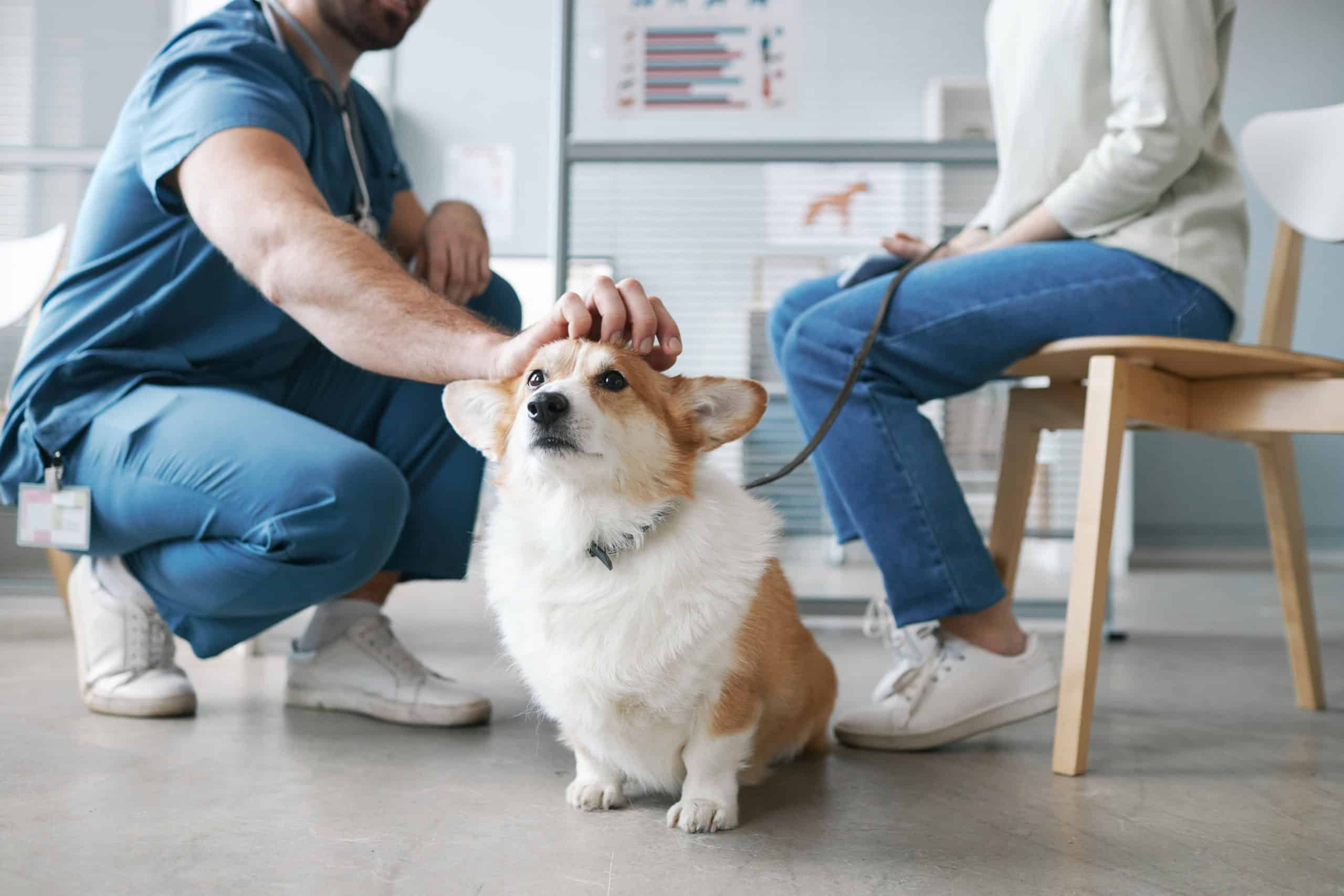Right now, we’re seeing new reports of placebo-control randomized clinical trials for air purifying systems that use probiotic cleaning agents. What does that mean?
Probiotic applications release beneficial bacteria and microbes to improve indoor air quality.

These probiotics compete with pathogens and potentially harmful microorganisms for resources, and can help mitigate some of the conditions that cause illness in humans. Think of the air around you as a complex ecosystem, with lots of things going on at a microscopic level. You have items like dust mites, pet dander, etc. all interacting with whatever bacteria and virus particles may be introduced to a room.
The probiotic systems work within this context, offering more firepower to beat potentially harmful microbes that lurk in the air.
Let’s look at some of the outcomes from these high-quality clinical trials.
Why Use Placebo-Controlled Randomized Clinical Trials?
What is a placebo-controlled randomized clinical trial
Experts call these kinds of trials the gold standard for scientific proof of an intervention and its efficacy.
A group of subjects gets a placebo, and another group gets the treatment being tested. Groups are randomized for accuracy. This helps to prevent any bias or miscalibration from taking away from the overall results of the study. Given a large enough sample group, these can be very legitimate endorsements of a given treatment.
With that in mind, here is some of what these studies have uncovered for probiotic cleaning systems.
Using Probiotic Air Purifiers in Hospitals
One study used probiotic cleaning systems in hospitals, and found that the hospital wards that got the probiotic treatment were ultimately cleaner. Experts found fewer multi-drug resistant organisms or ‘superbugs’ over a six-month period. They also found fewer incidents of infection in patients.
That dual outcome showed how the probiotics can help build a stable and healthy environment. Cleanliness is always important in a hospital, and administrators are likely to take notice of these results.
Using Probiotic Air Purifiers in Schools
Another study published in the International Journal of Environmental Research and Public Health, researchers found that classrooms treated with the probiotic spray had lower levels of airborne pathogens, and students had few respiratory infections. Presumably, that research was very valuable in the era of the coronavirus pandemic, where cleaning systems were assessed for maximum value.
Using Probiotic Air Purifiers in Homes
A study in 2019 focused on probiotic air purifiers in homes. Asthma patients were assigned to use either the placebo or the probiotic system against items like dust mites and pet dander.
Researchers reported a significant decrease in allergen levels with the probiotics, and fewer asthma attacks.
Benefits of Probiotic Air Purifier Systems
In terms of comparing probiotic systems to conventional cleaning, other benefits are evident. The probiotics system creates a balanced environment at a microbial level, and objectively healthier air. It exposes the inhabitants of a building to less toxic chemical elements, and helps support the immune system.
With all that in mind, you might be interested in probiotic air purifiers for your home. We can help. For example, check out the BetterAir probiotic air purifier, which can be an excellent choice for home use. US Air Purifiers LLC™ can help you figure out the models that you need, and the choices that will work best in the types of space that you need to provide for. You can also look at filters and other methodology for air purification in your home. We have the track record and the experience to help you find what’s right for you, to give you peace of mind about the air quality in your home.